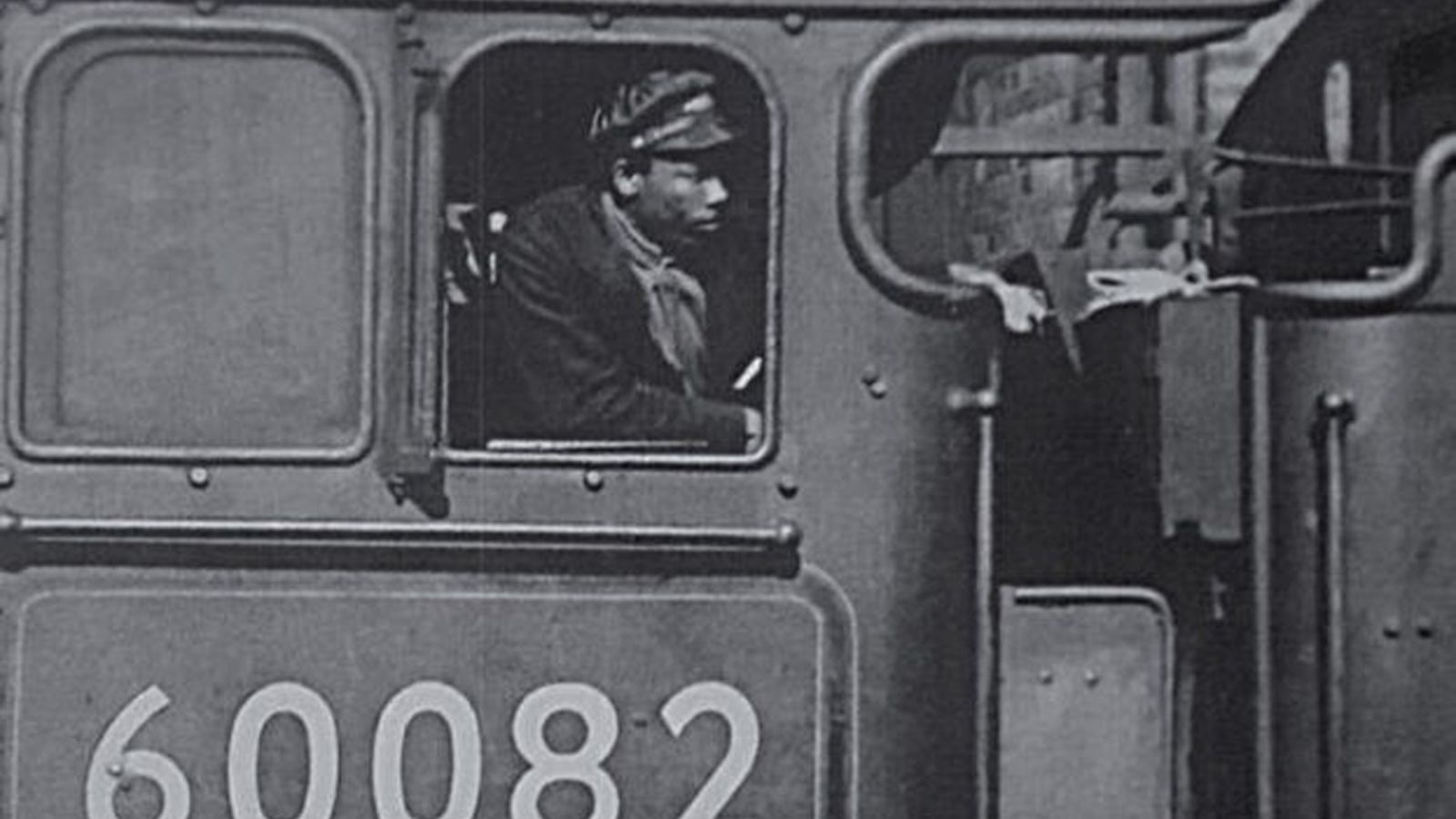Britain’s first black train driver who “dedicated his life” to the railways has been commemorated with a plaque at one of the country’s busiest stations.
Wilston Samuel Jackson, who died in September 2018 at the age of 91, was honoured during a ceremony at London King’s Cross station earlier today.
The plaque was unveiled to mark the Jamaican-born’s railway career, despite initially facing backlash from some of his white colleagues when he was employed as a train driver in 1962.
At the ceremony, his youngest daughter Polly Jackson said much of her father’s life was “dedicated to the railway”.
“He was never late or missed a day, and he was so proud of his work, despite the many challenges he faced,” she said.
“Today was a fitting tribute to his life and career.”
Mr Jackson moved to London in 1952 where he maintained trains, before working his way up to managing train boilers.
London’s Ultra Low Emission Zone just got bigger – is your area affected?
Legal fight over British Transport Police officer who kept job after flashing warrant card at woman for ‘sexual purpose’
Hazrat Wali death: Boy, 16, in court accused of murdering Afghan refugee on playing field in Twickenham
He would spend the day shovelling coal in hot and filthy conditions and then return home to study for his driver exams.
In 1964, only two years after becoming a train driver, he broke both his legs after his train crashed into the back of a stationary goods train near Finsbury Park, in north London.
The crash occurred after a signalman mistakenly gave a green light.
However, he was not put off the rails and his successful career even included him driving the famous Flying Scotsman locomotive.
Mr Jackson later emigrated with his family to Zambia, where he taught people how to drive trains.
Andrew Haines, Network Rail chief executive, called Mr Jackson a “real trailblazer”.
He said: “I have been fascinated to learn about Wilston’s life and career.
“He was a real trailblazer for our industry and we owe him a huge debt of gratitude for his incredible service, made even more remarkable by the many obstacles he had to overcome.
“This plaque is a fitting tribute to his career, and I hope it helps to inspire the next generation of train drivers and railway workers from minority ethnic backgrounds, because despite some progress we know they remain under-represented in our industry.”
Recent figures from train drivers union Aslef revealed that only 10% of Britain’s train drivers are from black, Asian and minority ethnic backgrounds.
Mick Whelan, Aslef’s general secretary, said: “We are incredibly proud to have had Wilston as one of our own, a dedicated driver with an illustrious and ground-breaking career.
“Nearly 60 years after Wilston earned his key, just 10% of train drivers in England, Scotland and Wales come from an ethnic minority.
“Aslef continues to campaign for change across the sector and for a driving grade that represents 21st century Britain.
“This blue plaque is fitting recognition of that.”






















